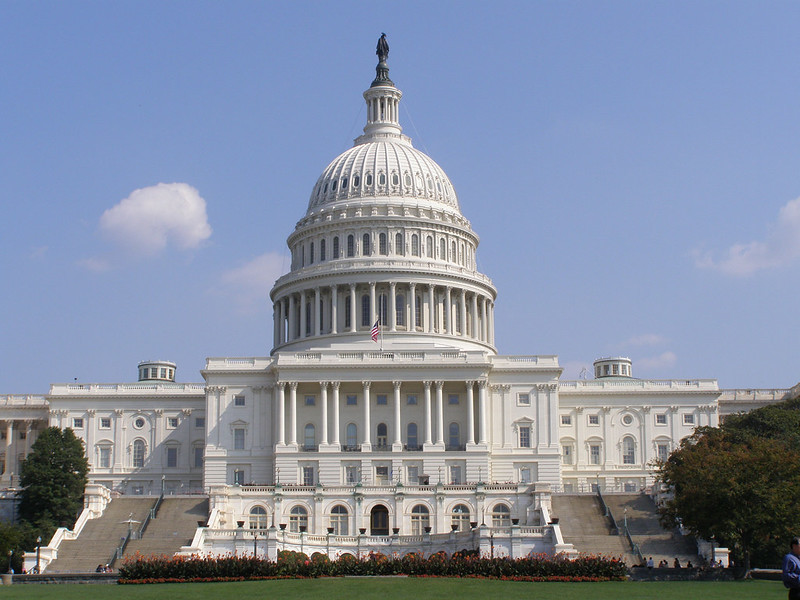
A predominantly white conservative congregation of about 850 members became the first religious organization to sue the capitol over pandemic restrictions.
The capitol's religious vanguard against government mandate is a 142-year-old church named Capitol Hill Baptist Church. The church held a poll at member's meeting concerning the pursuit of litigation. The results came out to be 402 in favor and 35 against.
The lawsuit argued their First Amendment rights and focused largely on the city's Phase 2 guidelines. Phase 2 guidelines allow houses of worship to gather up to 100 people or up to 50 % of the building's capacity, whichever is fewer. The D.C. mayor's office did not enforce any restrictions on outdoor gatherings of more than 50 people, including protests which attracted hundreds and hundreds of people.
"The First Amendment protects both mass protests and religious worship. But Mayor Bowser, by her own admission, has preferred the former over the latter," the lawsuit stated.The 26 complaints stated, "The Church takes no issue with Defendants' decision to permit these gatherings, which are themselves protected by the First Amendment, and the Church supports this exercise of First Amendment rights. The Church does, however, take exception to Defendants' decision to favor certain expressive gatherings over others."
Pastor Sok made a disclaimer saying that the church supports and respects the views of others and are simply expressing their views. "We fully support the rights of other citizens to express their views that are important in our day and time in our country but want to express our views and communicate to our people what we think is an important message, which is the Gospel of Jesus Christ."
D.C. Mayor Bowser is said to be considering lifting bans and possibly moving to the third phase, allowing more public places like pools and libraries to open.


















